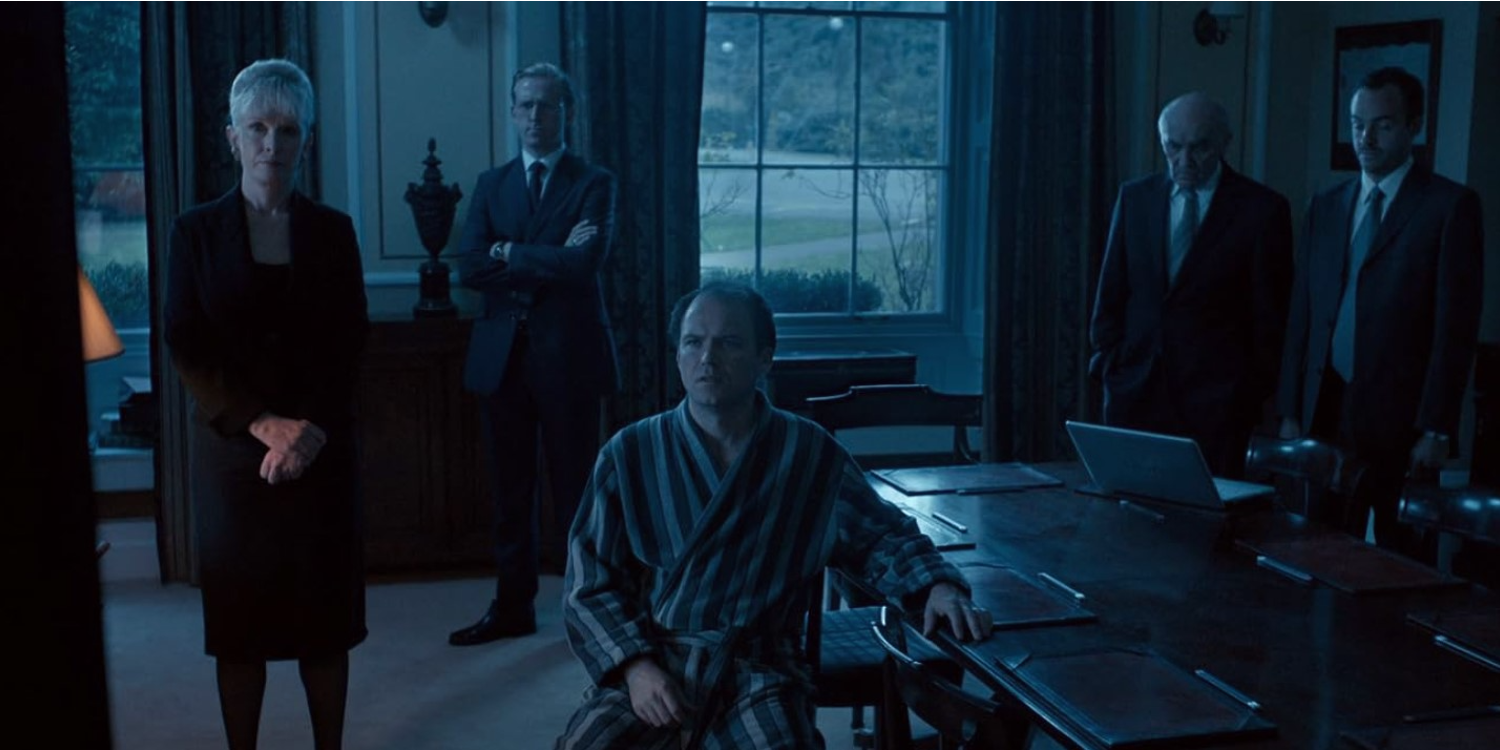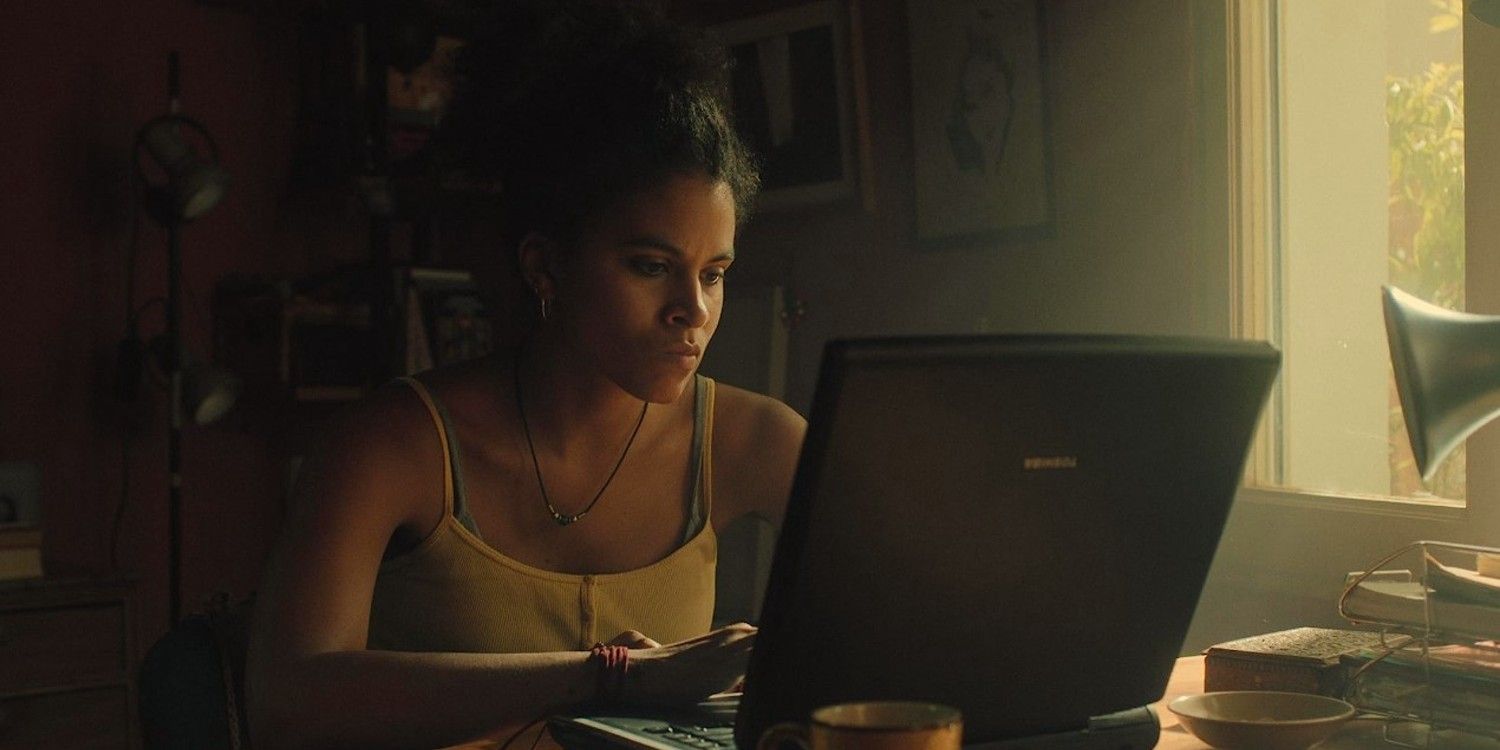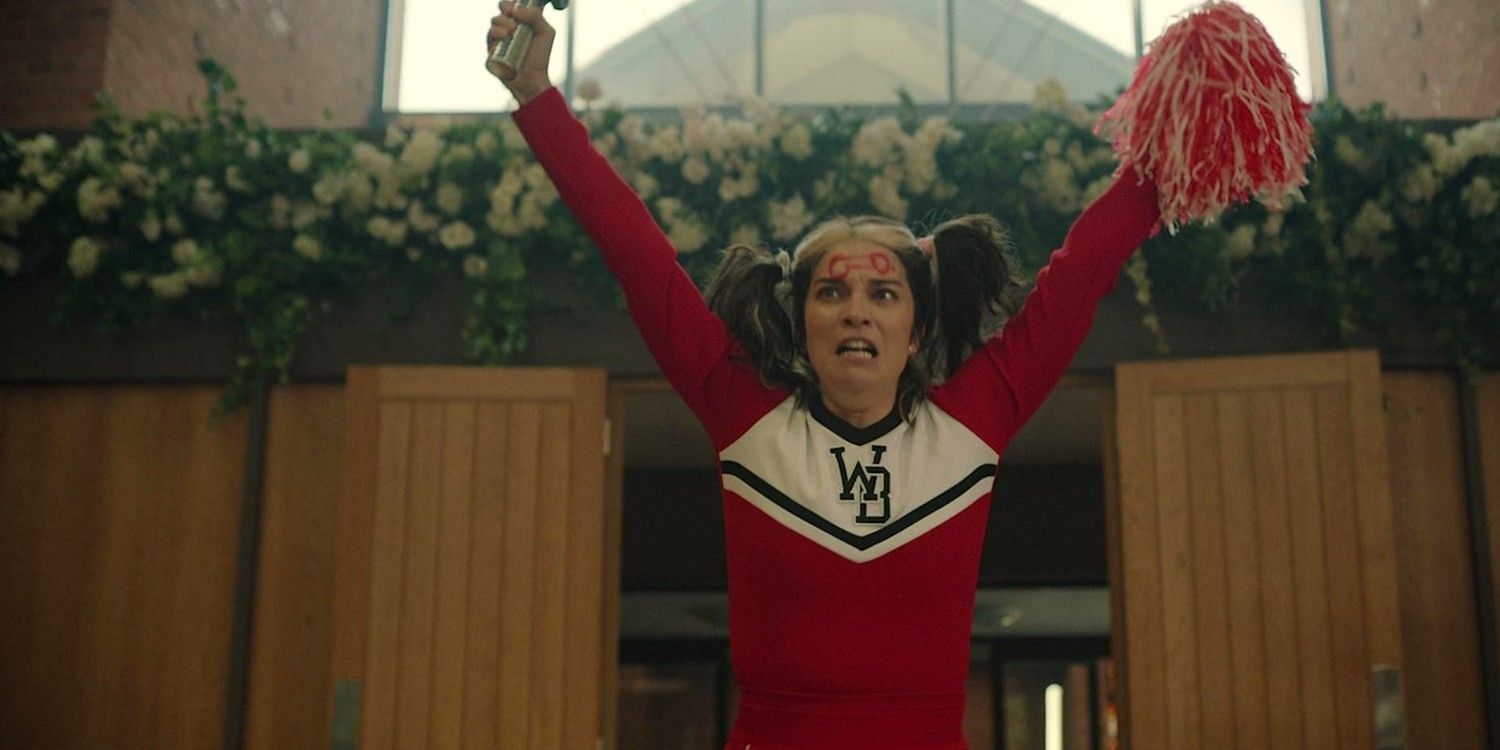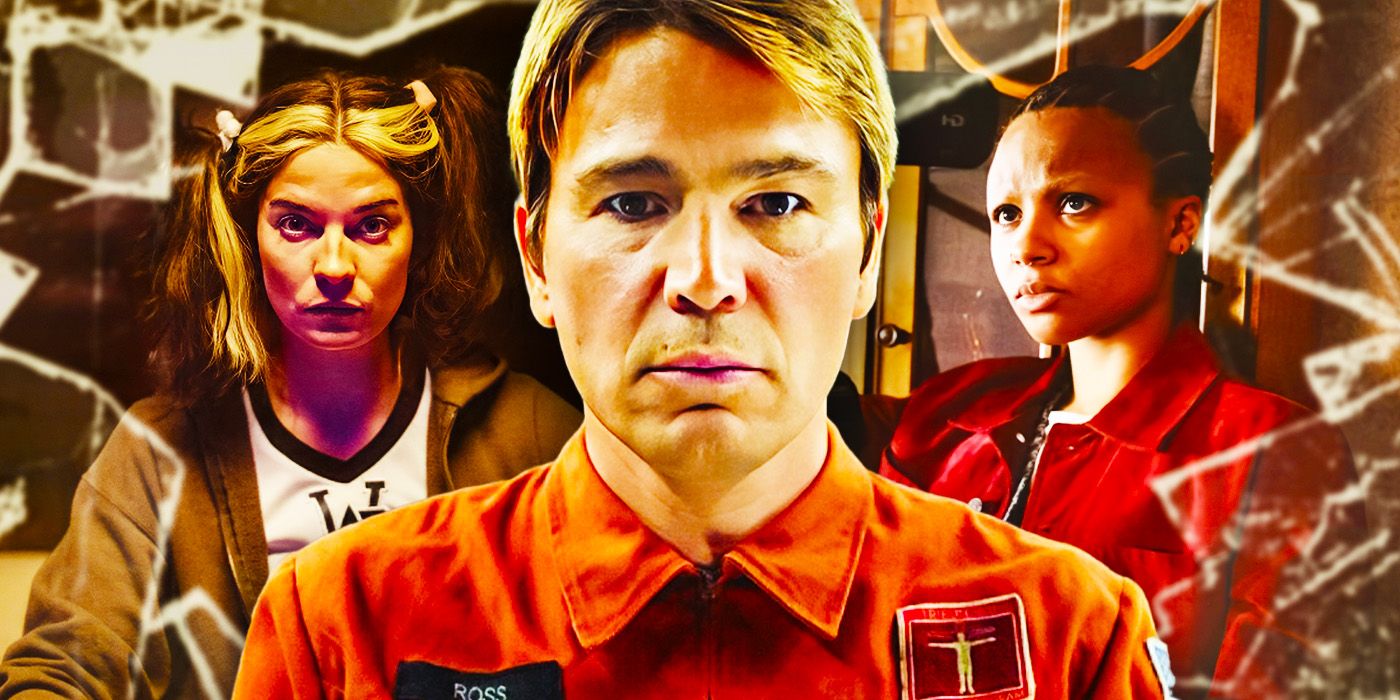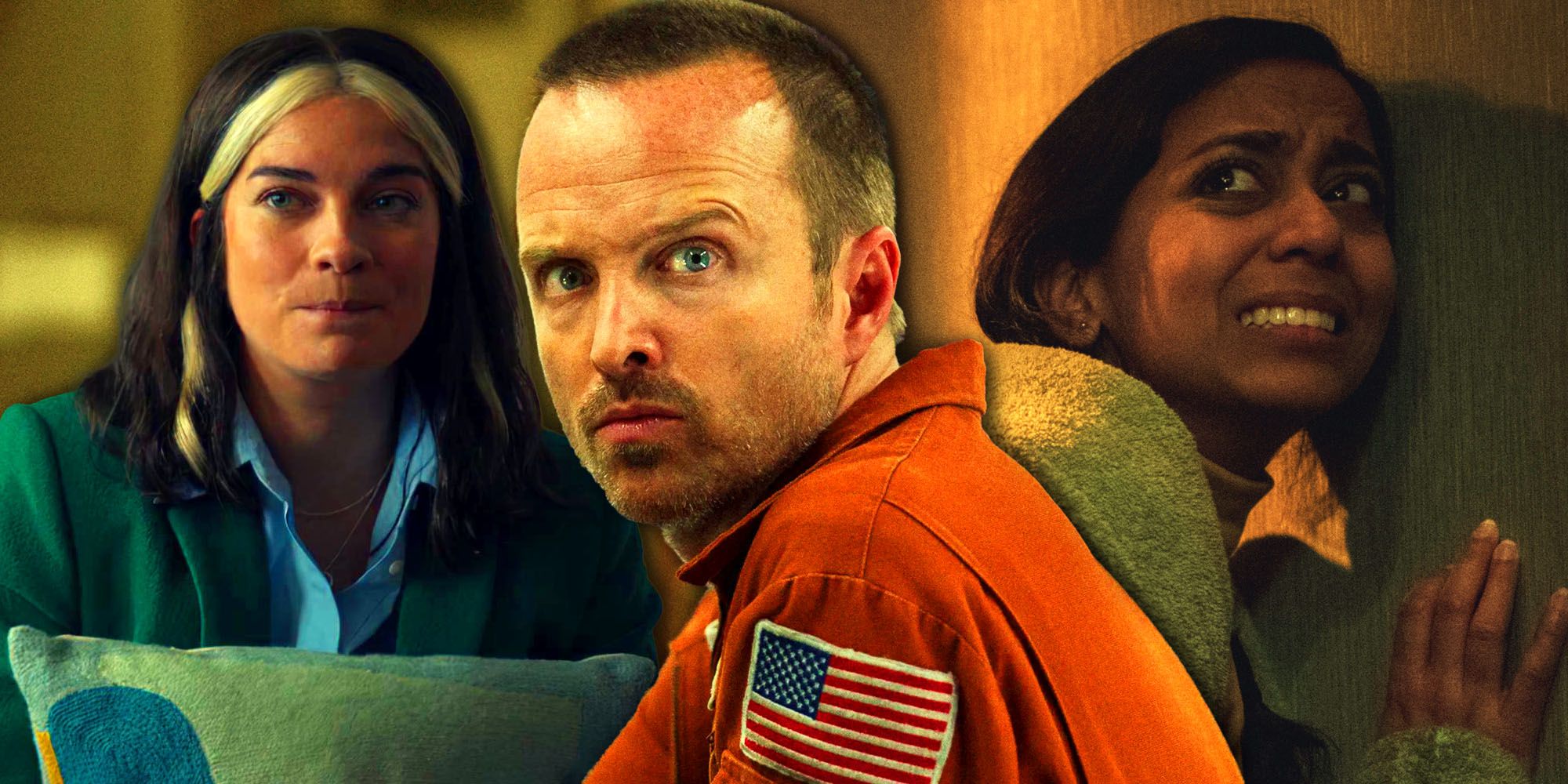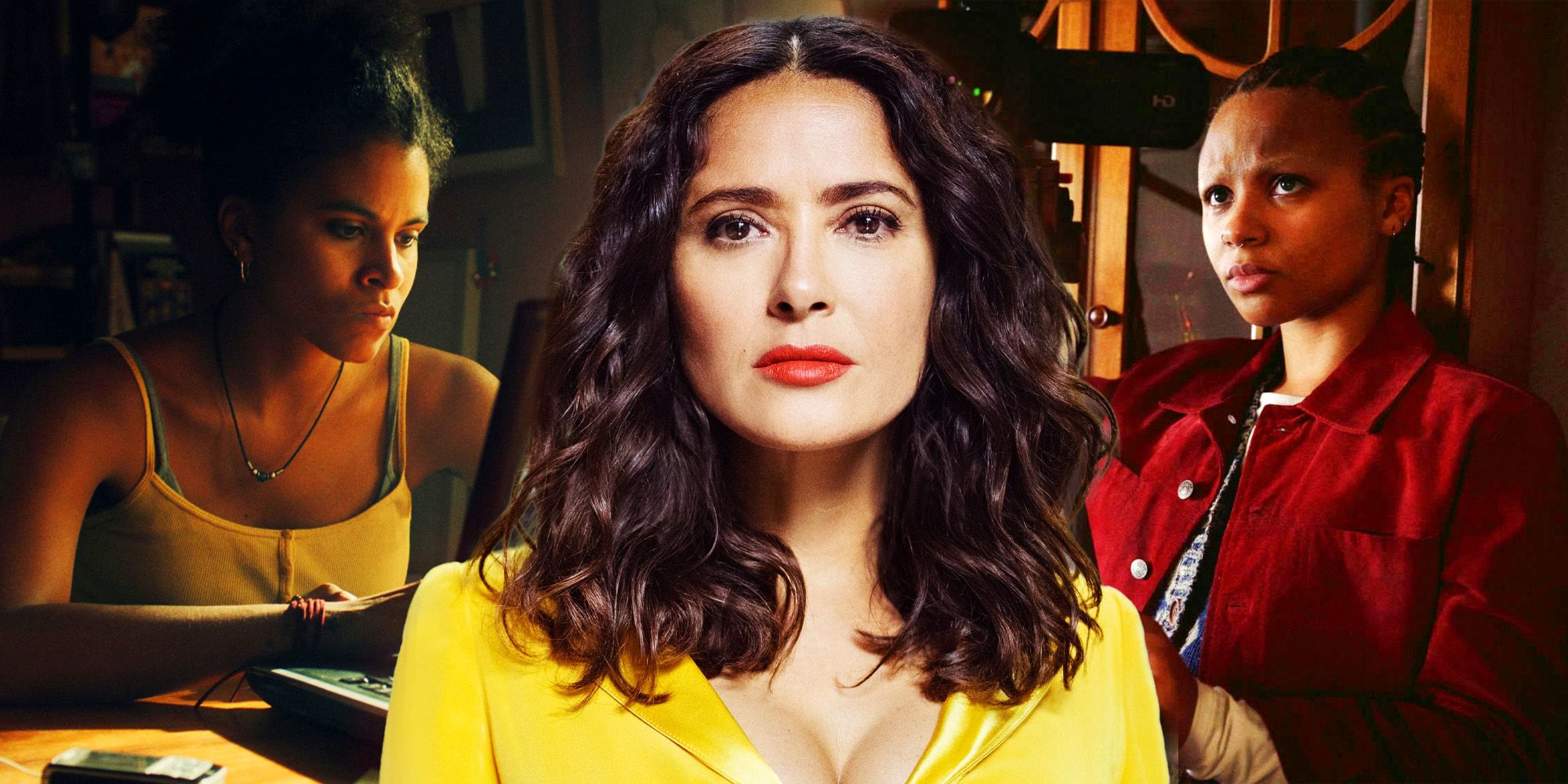
Black Mirror Season 6: Why It's More Relevant Than Ever in 2023

Black Mirror season 6: Evolving beyond its roots, this iconic TV show remains relevant in 2023 thanks to its thought-provoking exploration of a rapidly changing world, captivating audiences with new narratives and compelling social commentary
Warning! Black Mirror season 6 contains spoilers! The show has faced criticism for its departure from previous seasons, leading to doubts about its relevance in 2023. Since 2011, Black Mirror has delivered mind-bending episodes that shock, disturb, entertain, and sometimes disappoint. However, a show that serves as a commentary on current events and mirrors society must stay relevant to avoid becoming a caricature of itself. How the anthology series handles this challenge is worth exploring, particularly in light of recent technological advancements.
Black Mirror season 6 continues the tradition of an episodic anthology that began in 2011. It taps into the fears surrounding technological progress, pushing present-day concepts to their extreme, resulting in futuristic dystopias that drive home the show's grim message. However, in season 6, the focus shifts away from technological advancements and futuristic settings. Instead, the five episodes primarily take place in past or contemporary timelines, with the recurring theme of Streamberry, a Netflix self-parody. The premiere of Black Mirror season 6 received mixed reviews and faced significant backlash, following concerns that the series may have overstayed its welcome.
Black Mirror Season 6's Criticisms & Backlash Explained
Since the release of Black Mirror season 6, the new episodes have received poor reception for two main reasons. Firstly, the twists and premises did not align with the show's genre and the insights were not surprising or relevant. In the episode "Mazey Day," for instance, the twist revealing the actress as a werewolf veered more towards fantasy horror rather than a warning of a dystopian future. Similarly, the second episode of the season, titled "Loch Henry," felt more like a drama with limited futuristic elements. Both episodes deviated from the expected sci-fi dystopias commonly associated with Black Mirror.
The second complaint questions the relevance of Black Mirror, as many of the episodes did not explore potential terrifying futures, but rather focused on past or present scenarios. Season 6 primarily addressed real-life services and issues already familiar to audiences, such as personal privacy conflicts with corporations and the relationship between media productions and the public. Regrettably, this approach made each episode's main idea less impactful and more repetitive, as they failed to delve into new concepts or social anxieties.
Black Mirror Isn't The TV Show It Was In Season 1
The struggles of Black Mirror season 6 reflect the evolution of the show since its debut over a decade ago. One major change was the shift from British network Channel 4 to Netflix in 2016. This transition influenced the show's development and its approach to critiquing and exploring different themes. Comparing season 6 to the earlier seasons, it becomes clear that Black Mirror had to adapt to the new platform. Season 1 focused on futuristic cable game shows, while season 6 delves into the world of streaming shows from the past and present.
In season 6, Black Mirror takes the tonal shift even further by minimizing the sci-fi and dystopian elements that were prevalent in its earlier episodes. Instead, the majority of season 6 is set in present-adjacent and past time periods. Episodes such as "Joan Is Awful" and "Loch Henry" critique streaming services and true-crime series in the present, while "Beyond the Sea" explores an alternate 1969. "Mazey Day" takes place in the mid-2000s, and "Demon 79" transports the characters back to 1979. This expansion in setting showcases how Black Mirror has evolved into a different series, and this change is not necessarily negative.
Black Mirror Has Changed Because The World Changed
Beyond the evolution of studios and production processes, the world itself has undergone significant changes since the debut of Black Mirror in 2011. While the show initially captivated audiences with its ability to imagine dark, yet somewhat plausible futures based on current events, this approach no longer resonates with modern viewers. The bleakness portrayed in Black Mirror's early episodes, which once seemed futuristic, now mirrors the grim reality of our present world. Consequently, there is little value in the series attempting to outpace the troubling realities we already face.
This global shift is particularly evident in Black Mirror's reliance on technological dystopias. In a society where social media influences political outcomes, cultural strife, and autocratic regimes; where personal data is bought and sold by corporations; where individuals form quasi-intimate relationships with chatbots; and where AI generates nonsensical content and appropriates artists' work to create new, Frankenstein-like creations, there are few instances of technological abuse that Black Mirror can conjure that do not feel entirely plausible in our present day. Thus, if the show were to continue exploring episodes that depict futuristic technology replacing or harming humanity, it would simply be seen as tired and commonplace.
Black Mirror Is Still Relevant - But For Totally Different Reasons
Black Mirror's attempt to shift its storytelling premises in 2023 doesn't diminish its relevance or worth. It signifies a change in the show's messages, which, if executed effectively, can result in compelling television. While it may no longer serve as a cautionary tale, except for "Joan Is Awful," Black Mirror can now offer a more comprehensive exploration of humanity's dark side, given the abundance of material provided by the public's daily life in the present era.
Although this thematic shift might not resonate with all Black Mirror audiences, it is a valid direction for the series to take. It aligns with the fast-paced advancement of technology in the real world, which has been rapidly catching up to the show's previous tales of technological horror. If executed well, Season 7 of Black Mirror will be just as unsettling and relevant as its predecessors, perhaps even hitting closer to home as it delves into the corruption caused not only by technology but also by humanity itself. This shift will better mirror the current time and cynicism of our age, moving away from the technological optimism of 2011 that has since been tempered.

